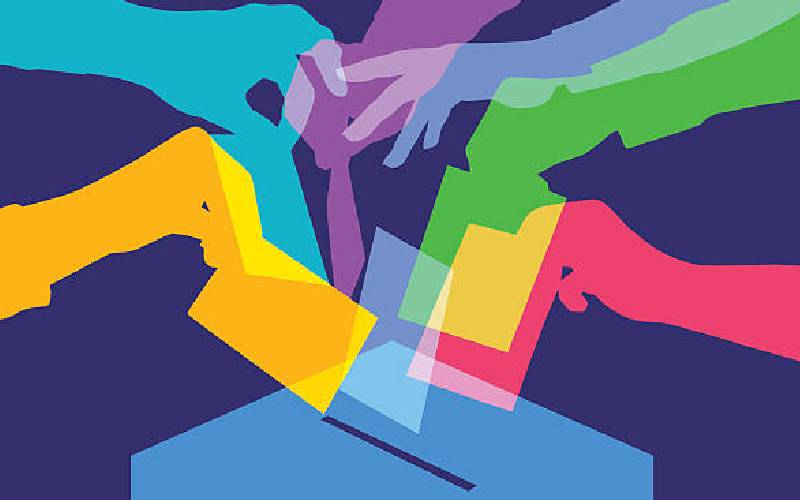×
The Standard e-Paper
Fearless, Trusted News

Until President Uhuru Kenyatta came out at Sagana III to explain the reason of the fallout between him and his deputy Willliam Ruto, those who cared to decipher what was happening between the two former bosom friends guessed the junior man had insubordinated his boss.
Against the persuasion of his boss, they claim, Mr Ruto had ploughed on with his 2022 presidential campaigns and thus undermined the president’s development agenda. Really? Who would believe that?